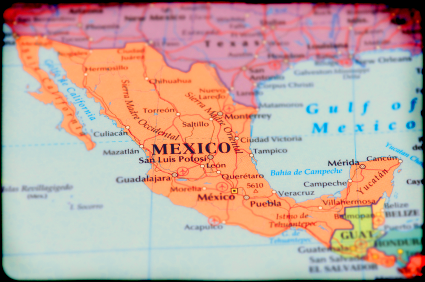Last year, the Obama administration reached a settlement that allows certain former illegal immigrants to return to the U.S. An agency in Mexico announced a campaign over the weekend to ensure that as many people as possible take advantage of it.
In 2013 the American Civil Liberties Union (ACLU) and the government of California filed a class action lawsuit on behalf of nine Mexican nationals and three immigrant advocacy groups. The complaint in Lopez-Venegas v Johnson alleged ''that as a matter of regular practice, Border Patrol agents and ICE officers pressure undocumented immigrants to sign what amount to their own expulsion documents,'' formally known as "administrative voluntary departure.'' This is commonly referred to as ''voluntary return" and is an alternative to appearing before a judge and being formally deported.

Last year the Obama administration settled the lawsuit, allowing illegal immigrants who had signed voluntary departures "under coercion" to return to the U.S. This settlement applies to those who left the U.S. between the June 8, 2009, and August 28, 2014.
On Sunday, Mexico's National Human Rights Commission (known by the Spanish initials CNDH) announced that it will distribute informational material about the settlement to encourage as many former illegal immigrants as possible to return to the United States. It is unclear why the CNDH decided to publicize this now.
The CNDH was originally an office within the Interior Ministry and has since become independent, though its head is appointed by the Mexican Senate. In 2006, the commission announced a plan to distribute maps to help people sneak across the border into the U.S.; the plan was dropped amid the ensuing controversy.
The commission said it began circulating information about the opportunity for former illegal immigrants to return to the U.S. in the state of Oaxaca, and has expanded to Sonora, Tamaulipas, Chiapas, Tabasco, Baja California, San Luis Potosi, Chihuahua, and Veracruz.
The CNDH indicated that the informational material will be distributed in strategic locations, especially those with a lot of traffic towards the U.S. In Veracruz, the commission is collaborating with the state government's Migrant Service Office to distribute the information to all the municipalities, in hopes of reaching as many people as possible.
